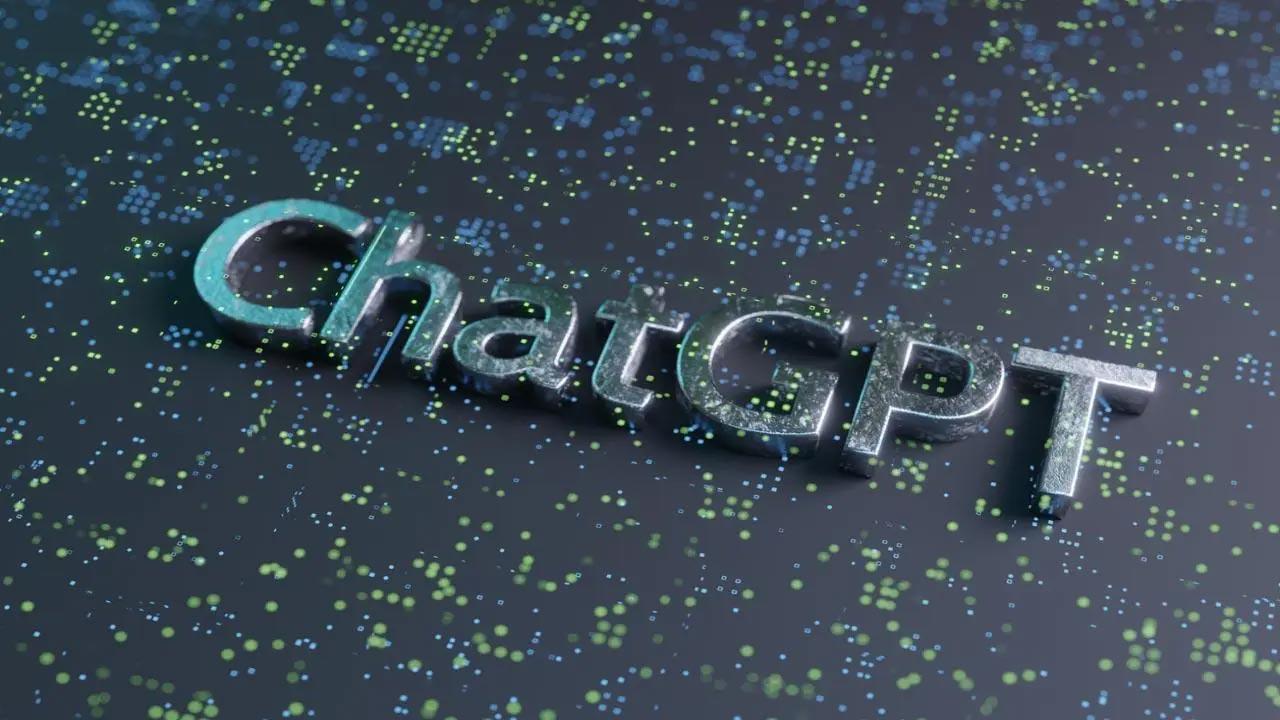To understand better, Courtney joined a Facebook group for families of children with it, whose stories sounded like Alex's

Representational Image. Pic Courtesy/iStock
In a rare case, OpenAI’s ChatGPT could diagnose the chronic pain condition of a 4-year-old boy in the US, after 17 doctors could not in a span of three years.
ADVERTISEMENT
During the Covid-19 lockdown, Courtney’s son, Alex, then 4, began experiencing pain and had “gigantic meltdowns”, which were calmed down by a painkiller, TODAY.com reported.
Soon Alex began chewing things, stopped growing taller, showed some imbalances between his left and right sides, started having severe headaches that were getting worse, and also struggled with exhaustion.
From dentists to paediatrician to neurologist, Courtney visited 17 different doctors for three years, but no one could diagnose his symptoms.
“Our sweet personality -- for the most part -- (child) is dissolving into this tantrum-ing crazy person that didn’t exist the rest of the time,” Courtney was quoted as saying.
She then signed up for ChatGPT and began entering his medical information, hoping to find a diagnosis.
“I went line by line of everything that was in his (MRI notes) and plugged it into ChatGPT,” she said.
“I put the note in there about ... how he wouldn’t sit crisscross applesauce. To me, that was a huge trigger (that) a structural thing could be wrong.”
ChatGPT diagnosed Alex’s condition as tethered cord syndrome. "It made a lot of sense," Courtney said.
To understand better, Courtney joined a Facebook group for families of children with it, whose stories sounded like Alex's.
A new neurosurgeon then confirmed ChatGPT’s diagnosis and looking at Alex’s MRI images said: ‘Here’s occulta spina bifida, and here’s where the spine is tethered.”
Tethered cord syndrome occurs when the tissue in the spinal cord forms attachments that limit movement of the spinal cord, causing it to stretch abnormally, according to the American Association of Neurological Surgeons.
The condition is closely associated with spina bifida, a birth defect where part of the spinal cord doesn’t develop fully and some of the spinal cord and nerves are exposed.
Several studies have shown ChatGPT's prowess in healthcare, suggesting the potential for chatbots to be effective allies to healthcare providers' diagnosis, as well as communications with patients. Research has also shown that it can be right up to 72 per cent of the time at medical diagnoses. However, limitations such as accuracy and biases remain.
This story has been sourced from a third party syndicated feed, agencies. Mid-day accepts no responsibility or liability for its dependability, trustworthiness, reliability and data of the text. Mid-day management/mid-day.com reserves the sole right to alter, delete or remove (without notice) the content in its absolute discretion for any reason whatsoever
 Subscribe today by clicking the link and stay updated with the latest news!" Click here!
Subscribe today by clicking the link and stay updated with the latest news!" Click here!







